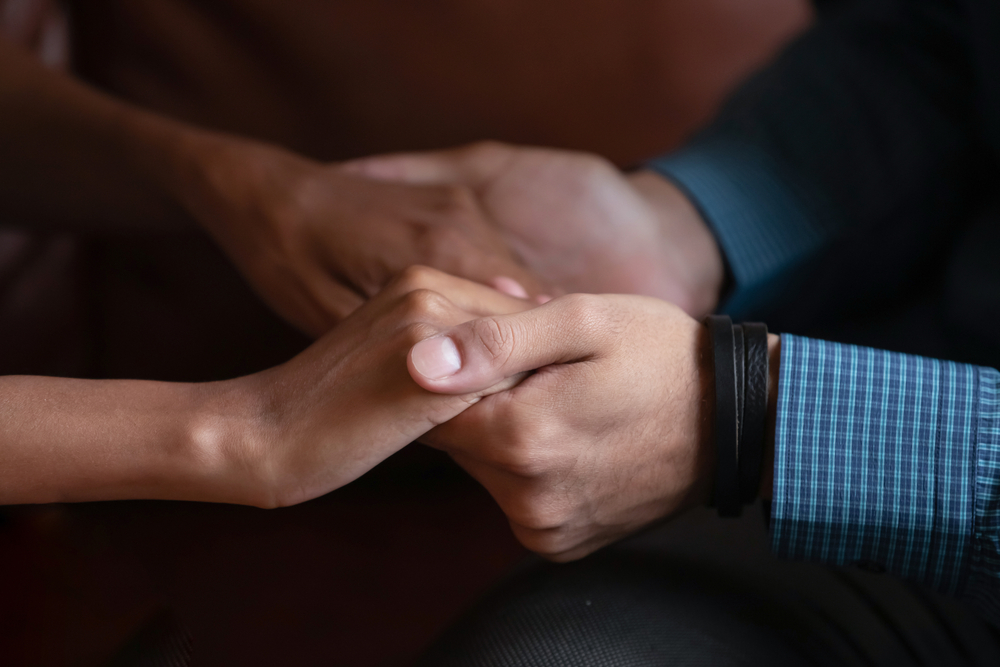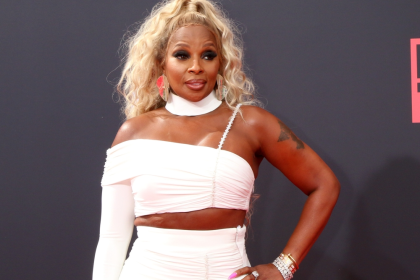Apologies can sometimes feel like a bitter pill to swallow. Admitting fault, expressing regret and seeking forgiveness aren’t always easy steps to take. However, the impact of a genuine apology can be profound, especially when it comes to close relationships like those with friends and family. These are the people who form the backbone of our lives, and unresolved conflicts can create deep divides. Apologizing is not just about taking responsibility — it’s about healing wounds, nurturing bonds and growing emotionally. Below, we explore five compelling reasons why apologizing to your loved ones is essential when issues arise.
Restoring trust in relationships
One of the most important reasons to apologize is to restore trust within your relationships. Trust acts as the foundation of any meaningful bond, and when that trust is broken — whether intentionally or unintentionally — it creates cracks that can deepen over time. A sincere apology demonstrates a commitment to acknowledge your actions and work toward rebuilding that fractured trust.
When you apologize to friends and family, it not only validates their feelings but also opens the door for healing and mutual understanding. For example, if you hurt a friend by saying something insensitive, a heartfelt apology reassures them that their feelings matter to you. It shows that you recognize how your actions impacted them, making it easier for them to forgive and move forward.
Demonstrating accountability and maturity
Apologizing is a sign of emotional maturity. It shows that you can take accountability for your actions, an essential quality for healthy relationships. People often hesitate to apologize because it may feel like admitting weakness or defeat. However, owning up to your mistakes actually demonstrates strength, humility and growth.
Family members and friends respect those who can own their mistakes and take steps to improve. It sets a positive example and fosters an environment where everyone feels comfortable being open and honest. Apologizing is an invitation for others to do the same, reinforcing a cycle of understanding and mutual respect.
Healing emotional wounds and promoting forgiveness
Unresolved issues can create emotional scars that linger long after the initial conflict. When a hurtful word is spoken or a disagreement arises, it often leaves both parties feeling angry, hurt or resentful. Apologizing can be the first step in addressing these emotional wounds, helping to soothe pain and mend the bond between you and your loved one.
Apologies promote forgiveness, allowing both you and the other person to release pent-up negativity and move forward with a clean slate. By taking responsibility for your actions, you show that you are genuinely remorseful and willing to change. This openness can encourage your friend or family member to forgive you, facilitating a quicker path to emotional reconciliation.
Moreover, apologies can bring a sense of closure to both parties. It provides a way to acknowledge the problem, validate the other person’s emotions and find a resolution. For example, if you missed an important family event and hurt someone’s feelings, apologizing can help mend the rift by showing that you care about their emotions and regret the missed opportunity.
Strengthening bonds and fostering deeper connections
Apologies, when given sincerely, can actually strengthen the bonds within your friendships and family relationships. Every relationship goes through ups and downs, and conflicts are inevitable. What sets strong relationships apart is the ability to navigate through tough times and come out stronger on the other side. An apology can be the bridge that brings two people closer together.
The act of apologizing shows vulnerability — a willingness to acknowledge your faults and open up about your feelings. This vulnerability creates opportunities for deeper connections, as it encourages both sides to share openly and build a stronger emotional bond. Friends and family appreciate authenticity and honesty, and an apology allows these qualities to shine through.
When you apologize, you let your loved ones know that you value the relationship enough to make amends. It becomes a reminder of your commitment to one another and reaffirms the importance of the relationship, strengthening the sense of unity and togetherness.
Promoting personal growth and emotional well-being
Apologizing not only benefits the person you may have hurt but also promotes your own personal growth and emotional well-being. Holding onto guilt or regret can be emotionally draining and can weigh heavily on your conscience. By apologizing, you are taking an active step to resolve inner conflicts, release feelings of guilt and clear your mind. This emotional clarity can bring peace and prevent lingering negative emotions from affecting your mental health and well-being.
Furthermore, learning to apologize teaches important lessons in empathy and compassion. It helps you understand the impact of your actions on others and encourages you to be more mindful in future interactions. Apologizing nurtures emotional intelligence, a key aspect of personal growth, and allows you to develop better communication skills, handle conflicts effectively and maintain healthy relationships in all areas of your life.
When you apologize, you are choosing to confront and resolve an issue rather than ignoring it or hoping it will disappear on its own. This active approach to problem-solving builds resilience and emotional maturity, enhancing your ability to navigate challenges more effectively.
Apologizing is a gift to yourself and others
The act of apologizing goes beyond mere words — it’s a commitment to heal, grow and connect on a deeper level. Apologies pave the way for forgiveness, create opportunities for understanding and strengthen the bonds that matter most. While apologizing may not always be easy, it is an essential part of fostering healthy, lasting relationships with those you care about.
It’s important to remember that an apology is most effective when it is genuine, timely and empathetic. Expressing regret in a way that acknowledges the other person’s feelings and takes responsibility for your actions can make all the difference in how your apology is received. Take the time to reflect on what you’re apologizing for, ensure that your words come from a place of sincerity, and be open to listening and understanding the perspective of your friend or family member.
By embracing the power of a sincere apology, you not only mend the relationships that matter most but also nurture a healthier and more compassionate approach to life. This, in turn, cultivates happier and more connected relationships, promoting well-being for everyone involved.
In a world where misunderstandings are bound to happen, let apologies be the bridge that brings you and your loved ones closer together, allowing your friendships and family ties to thrive and grow stronger over time.
This story was created using AI technology.













